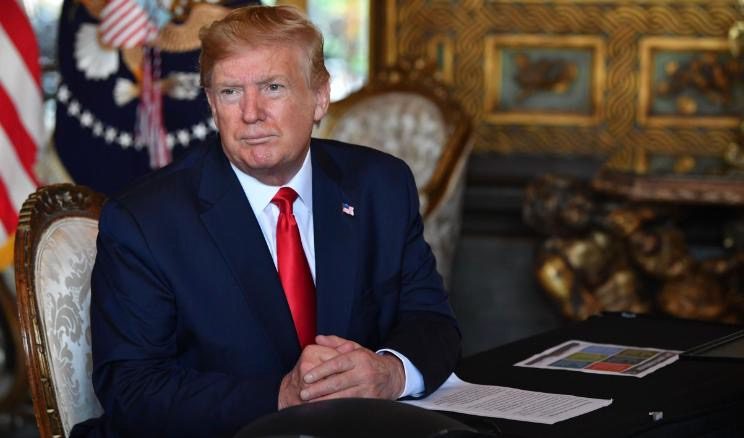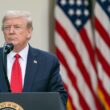We have witnessed a first in American political history — former President Donald J. Trump has been indicted by a New York grand jury.
We do not yet know the specifics of the indictment, but multiple sources indicate that Trump is facing thirty or more counts related to business fraud.
Never before has a sitting or former US president been indicted by a grand jury.
Richard Nixon had a grand jury indictment drafted against him on multiple counts related to the Watergate scandal, but the possibility of indictment was taken off the table by President Gerald Ford’s preemptive blanket pardon of Nixon.
Bill Clinton was the subject of a four-year grand jury investigation that looked into a number of alleged wrongdoings, ultimately escaping indictment for any of them (the only allegation that seemed to have enough merit for indictment was perjury) by cutting a deal in his last hours in office with the special prosecutor overseeing the investigation where he admitted to making false statements under oath in exchange for a guarantee of no indictment.
And while one could make the case for gross negligence in management against Warren Harding as president during the Teapot Dome scandal, Harding was never directly implicated by any of the prosecutors or juries that investigated what is still the largest financial corruption scandal ever for an American presidential administration.
But this week Trump has accomplished what all of the other forty-four individuals who have been president — including Nixon and Clinton — managed to avoid — criminal indictment.
Furthermore, Trump is still the subject of two additional ongoing criminal investigations (one of which is focused on two separate situations involving potential criminal activity), meaning there could very well be additional indictments forthcoming. The possible indictments here include the potential for much more serious charges.
What are we to make of this? The obvious place to begin is with the indictment itself — a former president and current candidate to become president again has been charged with a crime. At some point over the next week or so one would assume that Trump will submit to arrest by turning himself in to law enforcement (reports indicate that this will happen next Tuesday), presumably in Manhattan but perhaps elsewhere. He will then make an initial court appearance, and the judicial process will unspool from there.
That in and of itself is a shocking development to consider, an important point for us to keep in mind at a time when American politics seems to have moved beyond the point where anything can be seen as truly shocking. The indictment, along with any others still to come, also raises important questions of how the legal system can and should deal with an active candidate for the nation’s highest office, especially when the entities who have obtained or may obtain indictments against Trump (Manhattan District Attorney, Fulton County, Georgia District Attorney, US Department of Justice) are all controlled Democrats.
The Justice Department is particularly fraught as we have never had a presidential administration pursue criminal charges against a former (and future?) president of the opposing party, despite candidate Trump’s calls to “lock up” his 2016 opponent Hillary Clinton. Finally, Trump’s indictment reinforces the long-standing American principle that no person is above the law. These are all important matters.
But perhaps the more important concerns here are of a political nature. As noted above, Trump is currently seeking to return to the White House.
Many, including Trump, believe that his indictment by the Manhattan grand jury will provide a boost to his political fortunes. Trump has long presented himself as unfairly targeted by the establishment and the “deep state,” who he says fear him because he promises to expose their corruption and return power to the people (by which he only means his supporters) where it rightly belongs.
Anything that has the potential to heavily influence the presidential election process is worth our attention. However, the most important matter here is the possibility that Trump’s indictment — and how he reacts to it — might result in episodes of political violence.
After all, one of the key elements of the ongoing Justice Department investigation of Trump is his role in and actions related to the January 6 insurrection on Capitol Hill. Trump himself predicted his imminent indictment and urged his supporters to “protest, take our nation back.” In a later post on his Truth Social media site, Trump ominously warned of “death and destruction” if he was criminally indicted.
In preparation for the possible issuing of the criminal indictment against Trump, New York City reportedly ordered all NYPD members to be ready to report for active duty in full uniform. The Capitol Police and the Washington, DC police department also made similar preparations.
Now the indictment has arrived. Violence is possible. This is the most important, and indeed most troubling element to watch for in the wake of Trump’s indictment.
Hopefully cooler heads will prevail, and violence can be avoided. Regardless of whatever else may happen here, it is clear that Trump’s indictment has placed the US into uncharted territory. It is not a comfortable place to be.




